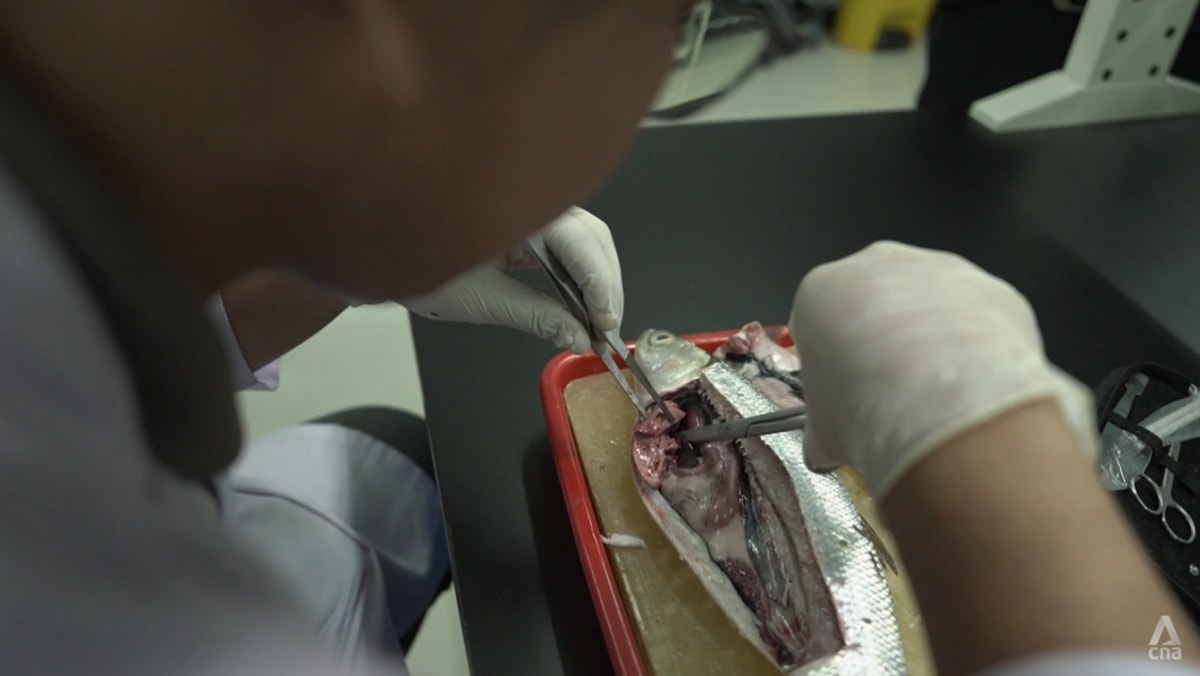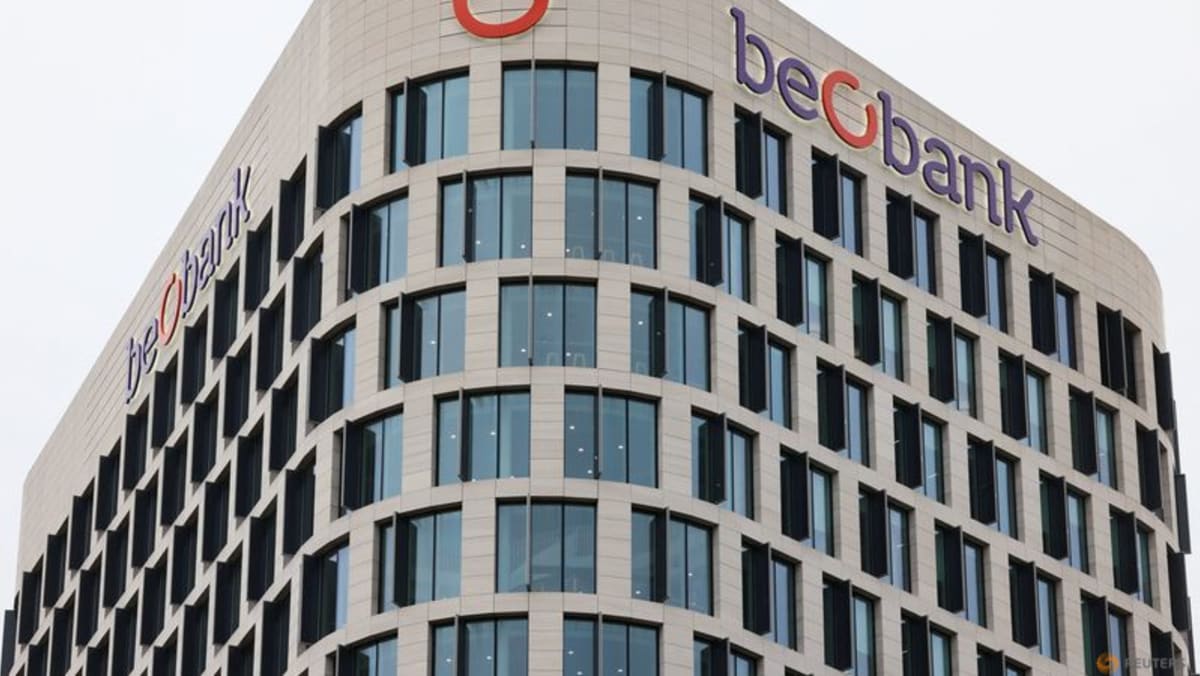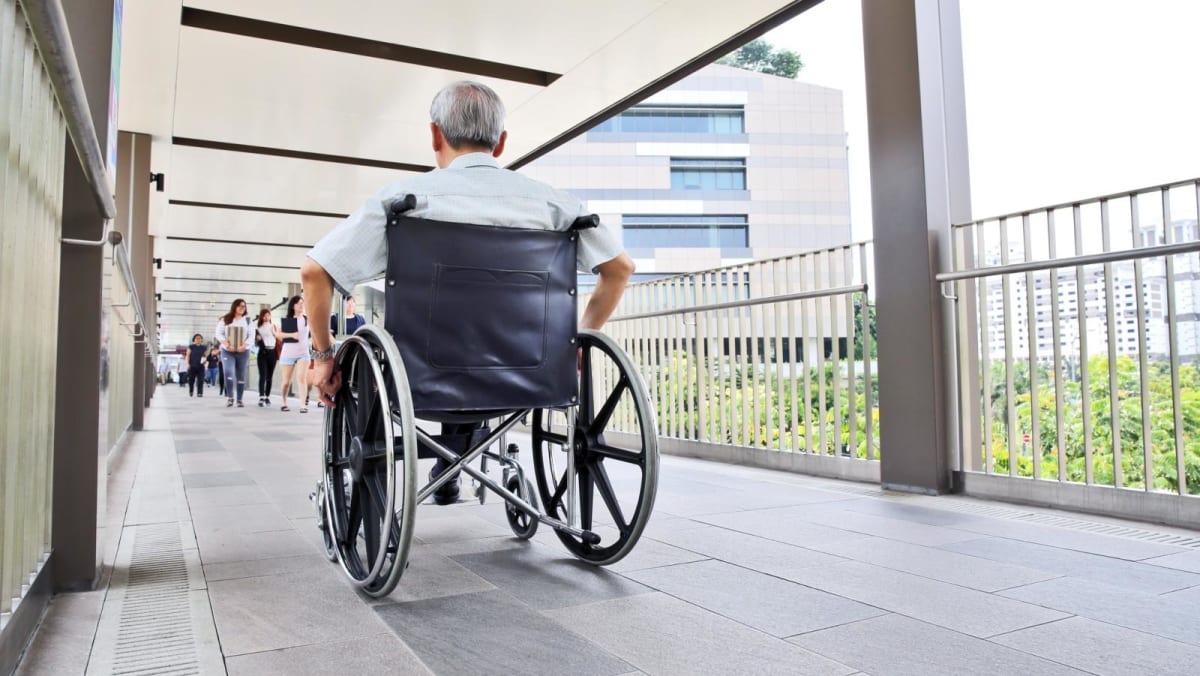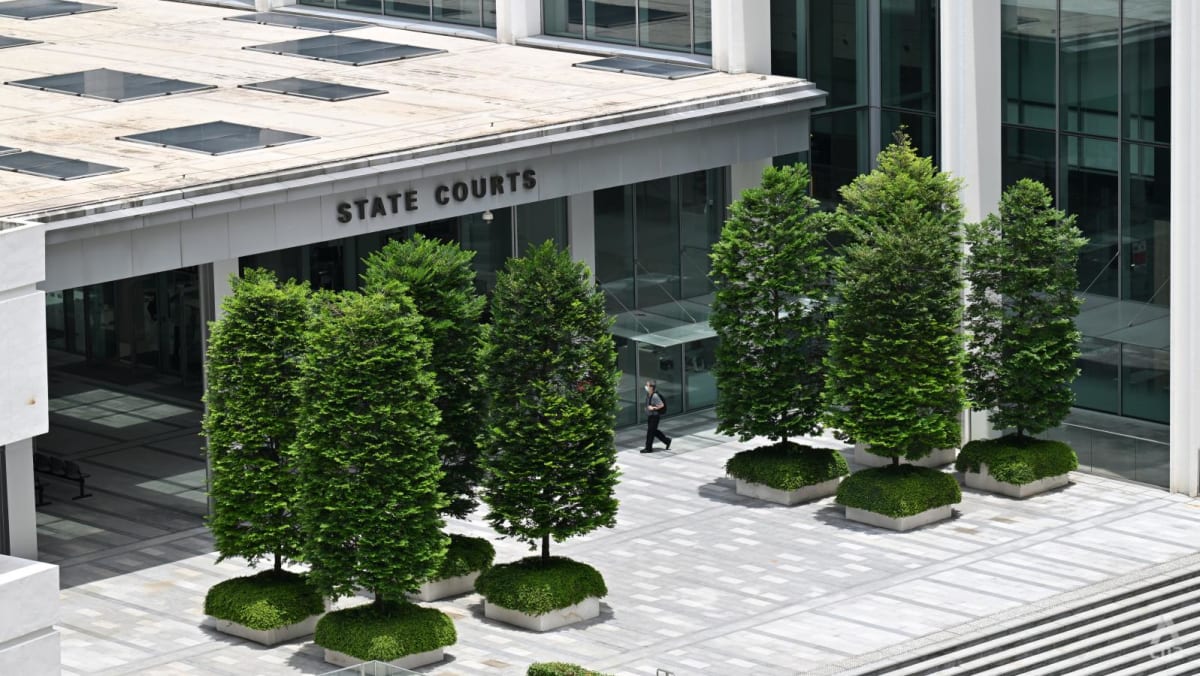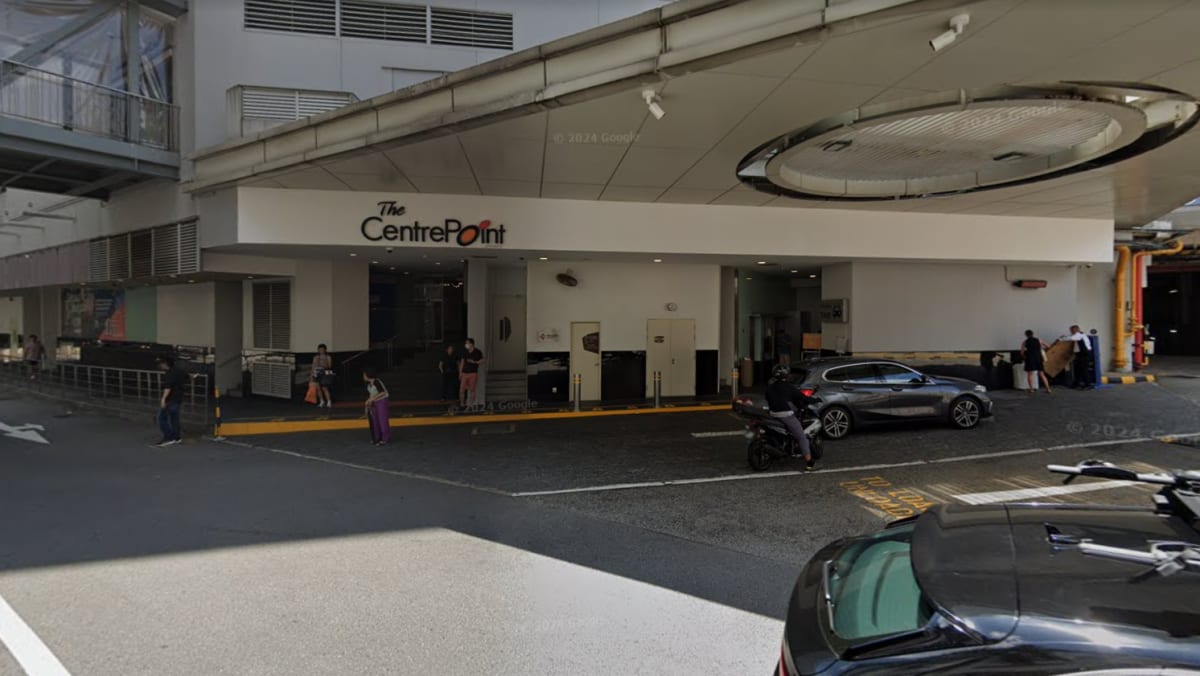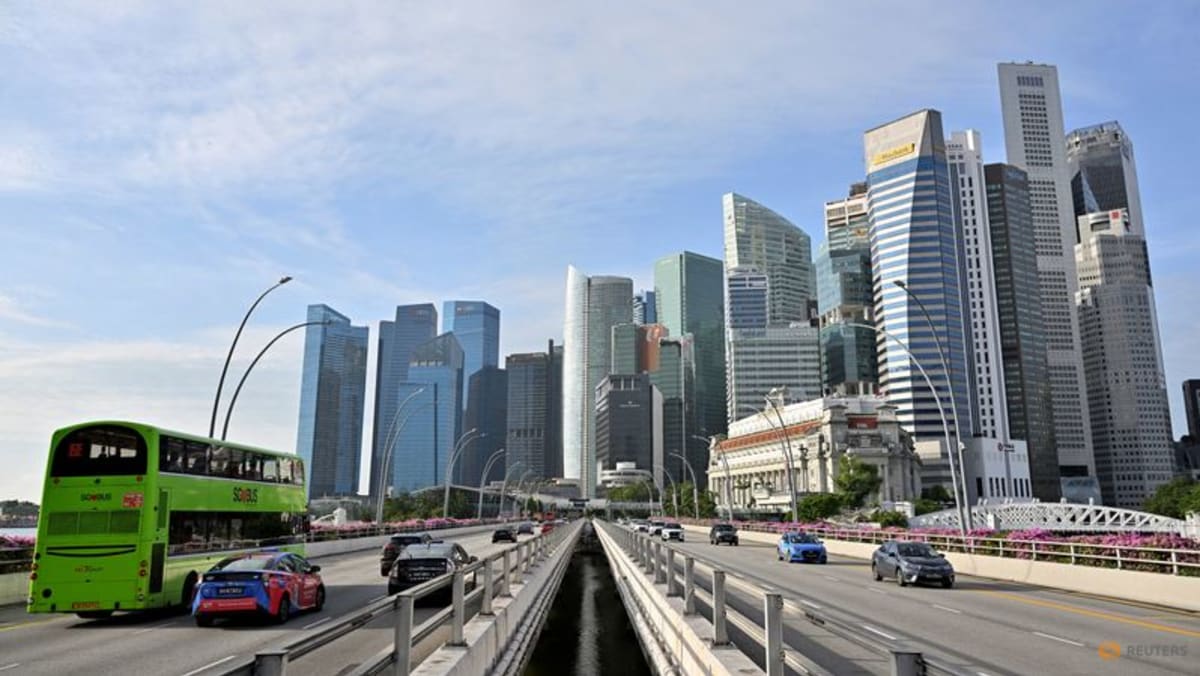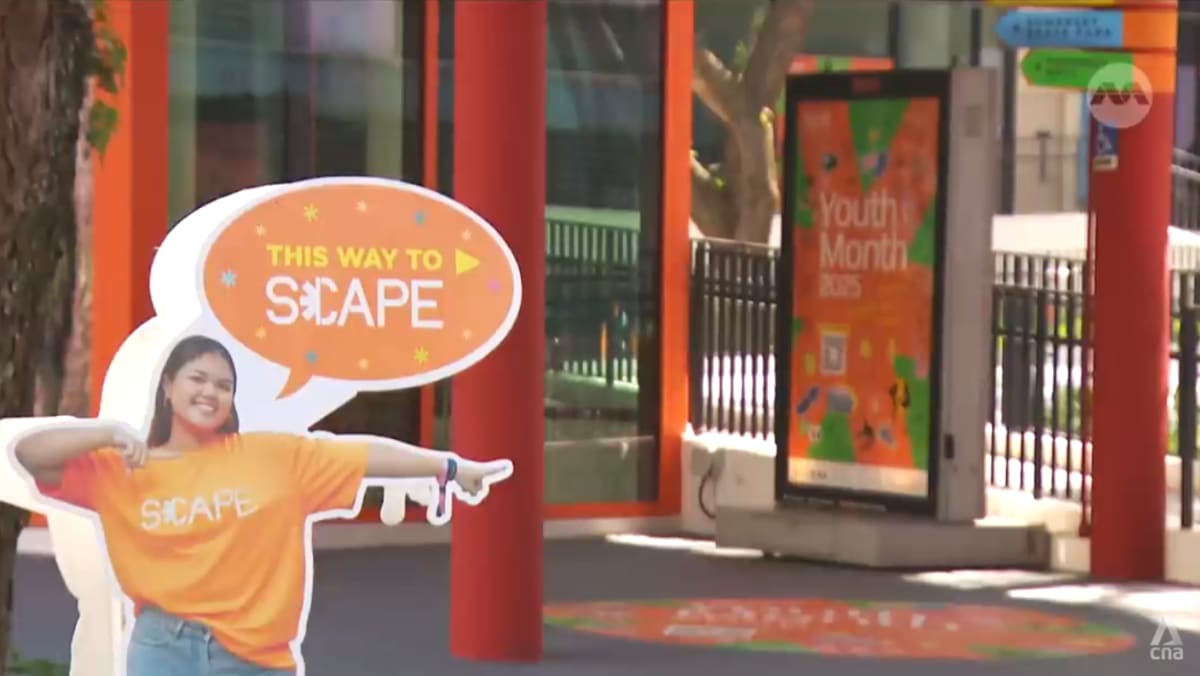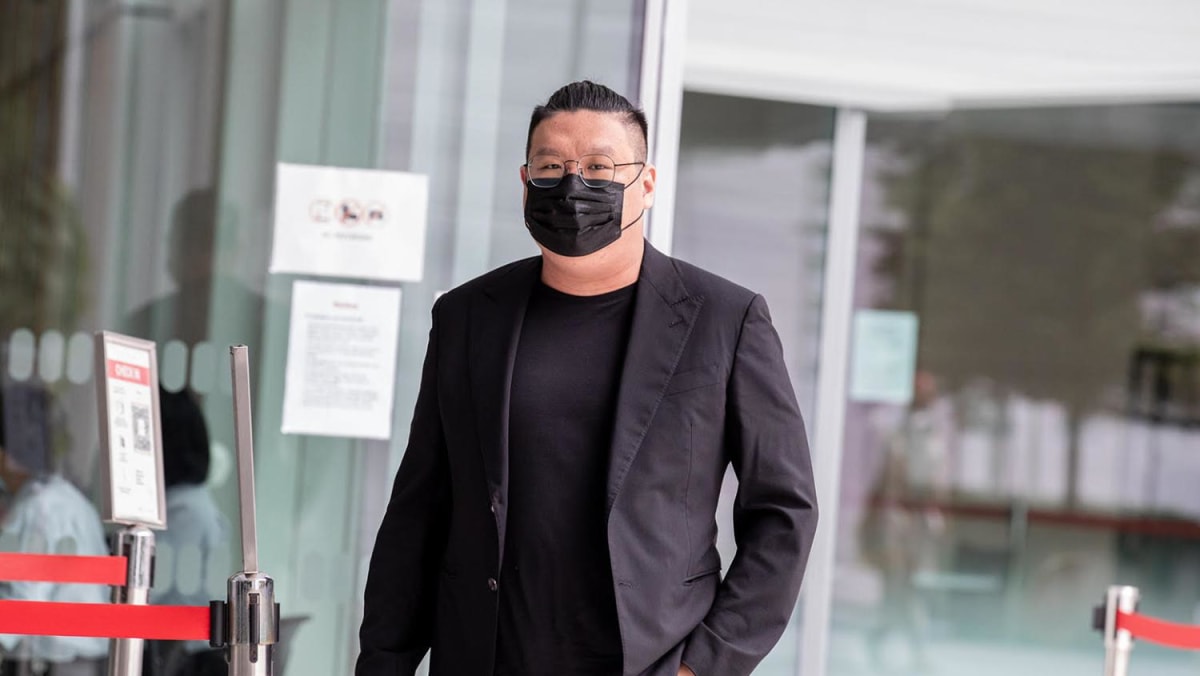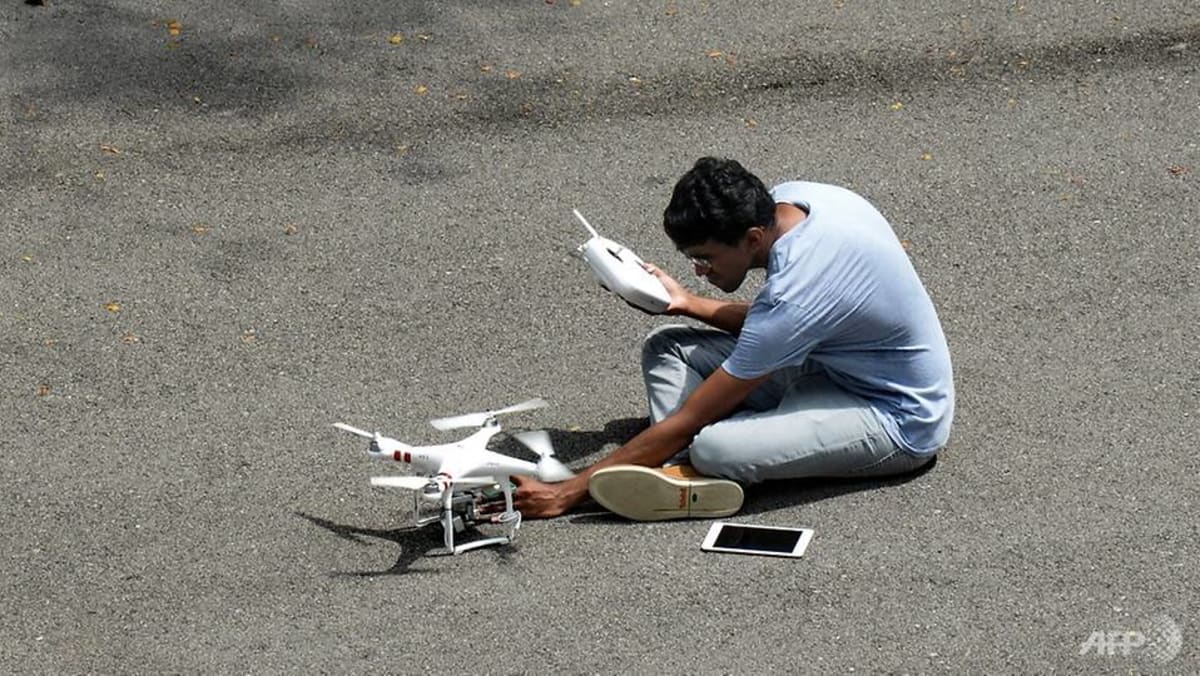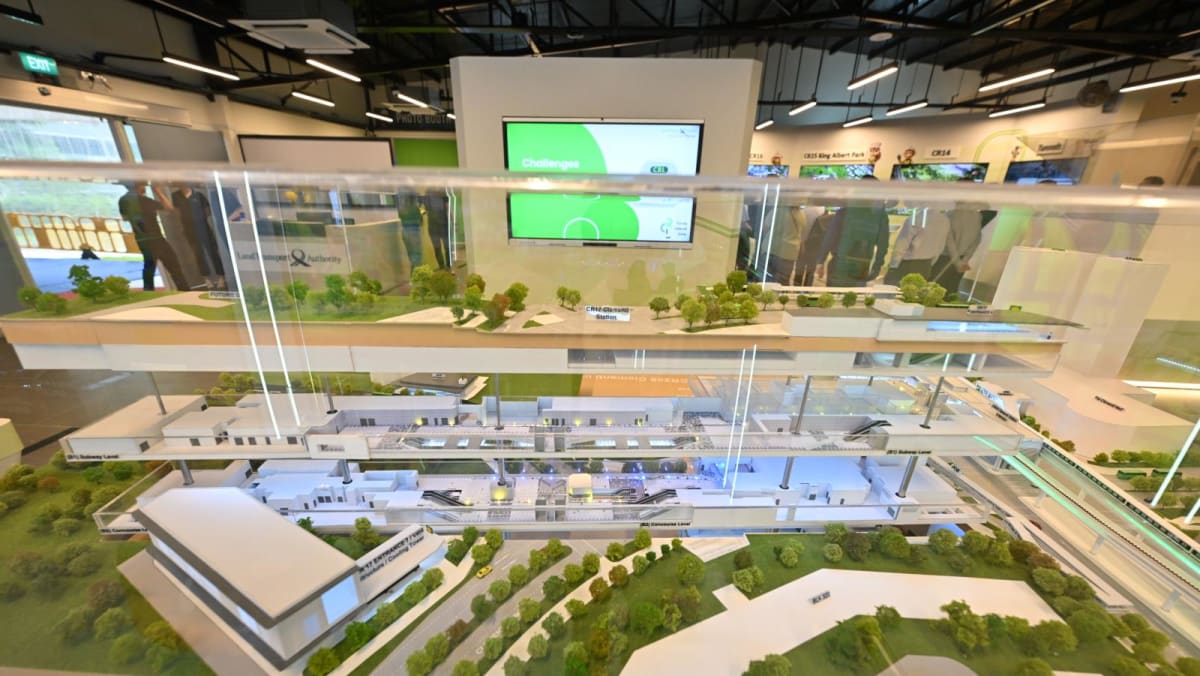In a Facebook post on Monday, Second Minister for National Development Indranee Rajah described the revision as a “significant step towards shaping a more inclusive Singapore”.
“The updated standards will enhance our built environment, and make everyday spaces more welcoming and accessible to all,” she said.
“More than just enhancing infrastructure, it’s also about enabling every individual to participate fully in society, move around safely and independently.”
This year’s revision was the result of a review committee formed in September 2023 – comprising representatives from social services agencies, industry stakeholders, academic institutions, government agencies and interest groups – to review the earlier version of the Code.
“The process included referencing international standards, analysing current design trends, and conducting detailed user trials,” said Minister for National Development Desmond Lee.
“It incorporates universal design concepts, and addresses the needs of persons with disabilities, elderly, and families with young children,” he said in a post on Facebook.
Executive Director of the Muscular Dystrophy Association (Singapore) Judy Wee, who has served on several Code review committees, expressed optimism about the changes.
“Through each review of the Code, we have seen tangible improvements in the built environment that enhance the daily lives of persons with disabilities, whether at work or leisure,” said Ms Wee.
STREAMLINED FOR INDUSTRY STAKEHOLDERS
The updated Code was also streamlined and reorganised in a more reader-friendly manner for built environment industry stakeholders.
It includes anthropometric information – measurements of the human body – of wheelchair users and other persons with disabilities. This provides clearer visualisation of the physical and spatial requirements for different users, enabling architects and designers to make more informed decisions, BCA said.
“Through the numerous engagements, we have been able to better understand and contribute ideas to improve the provisions within the Code,” said Real Estate Developers’ Association of Singapore member Jeffrey Wong.
“In addressing constraints faced by building owners and developers, we are glad that the enhanced Code has a renewed focus on catering to users of all ages and abilities”.
Having the new Code take effect from Nov 1 would give the industry sufficient time to “familiarise and ease themselves into the changes”, said Mr Lee.
Owners of existing buildings who are keen to voluntarily upgrade their buildings with accessible facilities may consider tapping into BCA’s Accessibility Fund.
This provides co-funding for a wide range of user-friendly features such as the installation of lactation rooms or pods and wheelchair-accessible lifts, BCA said.
